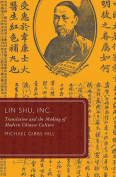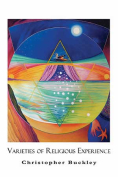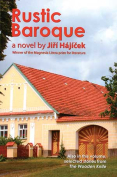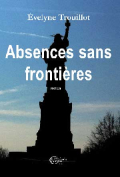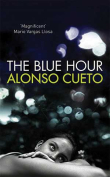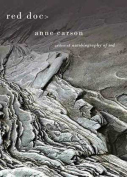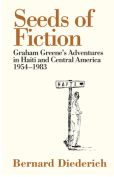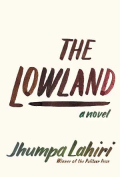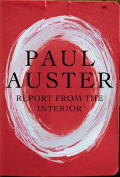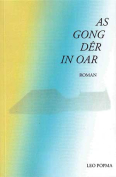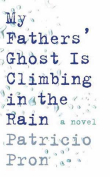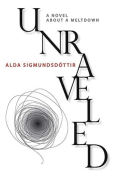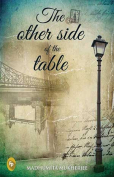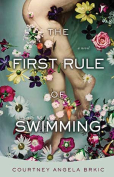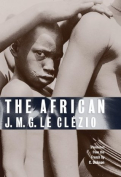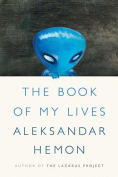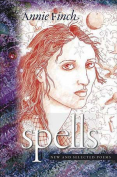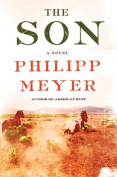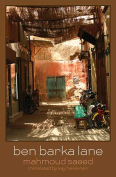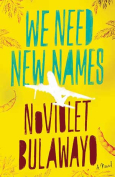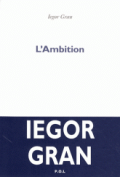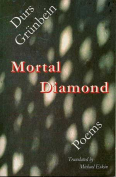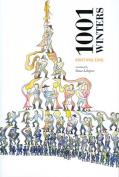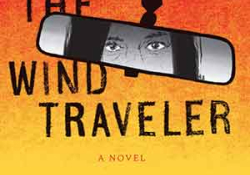The Blue Hour by Alonso Cueto
 Frank Wynne, tr. London. Heinemann. 2012. ISBN 9780434019410
Frank Wynne, tr. London. Heinemann. 2012. ISBN 9780434019410
The Spanish edition of Alonso Cueto’s The Blue Hour was awarded the coveted Premio Herralde de Novela when it was first published in Barcelona in 2005. It tells the story of Adrián Ormache, a well-educated and successful lawyer who, in the beginning, lives a comfortable upper-class life in Lima with his loving wife, Claudia, and their two daughters; but his life suddenly changes when his mother dies and he learns disturbing facts about his deceased father. Even though his mother divorced his father when Adrián was a young boy, he always considered him a war hero. While stationed in a small town in the Andes of southern Peru, Colonel Ormache conducted numerous military operations, which included the torture, rape, and murder of many civilians suspected of terrorism during the war against the Shining Path guerrilla organization in the 1980s and ’90s in Peru. One of his prisoners, Miriam, was a young local girl whom the colonel had kidnapped and held hostage at his post. After playing along as his lover for a period of time, Miriam finally managed to escape during the “blue hour,” meaning shortly before dawn.
Years later, Adrián remembers that one of his father’s last wishes was for him to search for Miriam, for whom the colonel apparently had developed a true affection. At that point, the protagonist embarks on a long, personal journey that takes him away from his well-to-do lifestyle and confronts him with Peru’s true social reality, including the scars left from the war that had killed some 69,000 Peruvians. Adrián’s anguishing search for Miriam is not only a discovery of Peru’s poor people but also a quest to answer the dark mysteries surrounding his father’s wrongdoings. Personal redemption proves to be a complicated task for the protagonist; in reality, it becomes a cumbersome exercise of soul-searching that unexpectedly involves his own family history.
Cueto’s riveting, fast-paced novel, impeccably translated by Frank Wynne, starts out as a political thriller and turns into a well-crafted and gripping psychological drama of a son attempting to come to terms with the painful ghosts of a father he never really knew. On a broader scale, this novel seems to suggest that social reconciliation is also a pending task in Peru after this violent period of its history.
The Blue Hour joins an important corpus of novels that in recent years deal with Peru’s violent political past, and it is the first major novel by the author available in English. A prolific and talented writer, Alonso Cueto is an important name to remember in contemporary Peruvian letters.
César Ferreira
University of Wisconsin-Milwaukee
